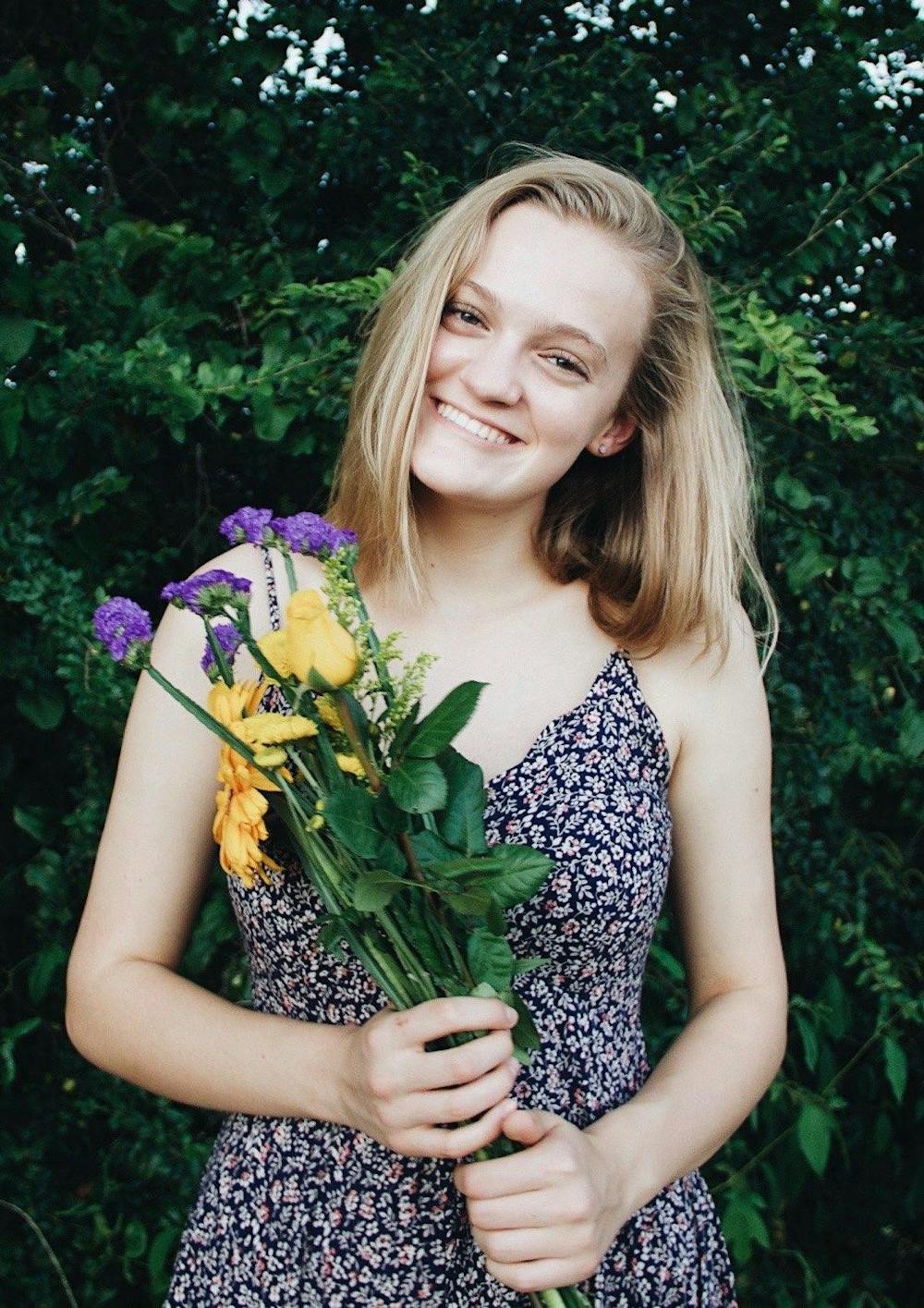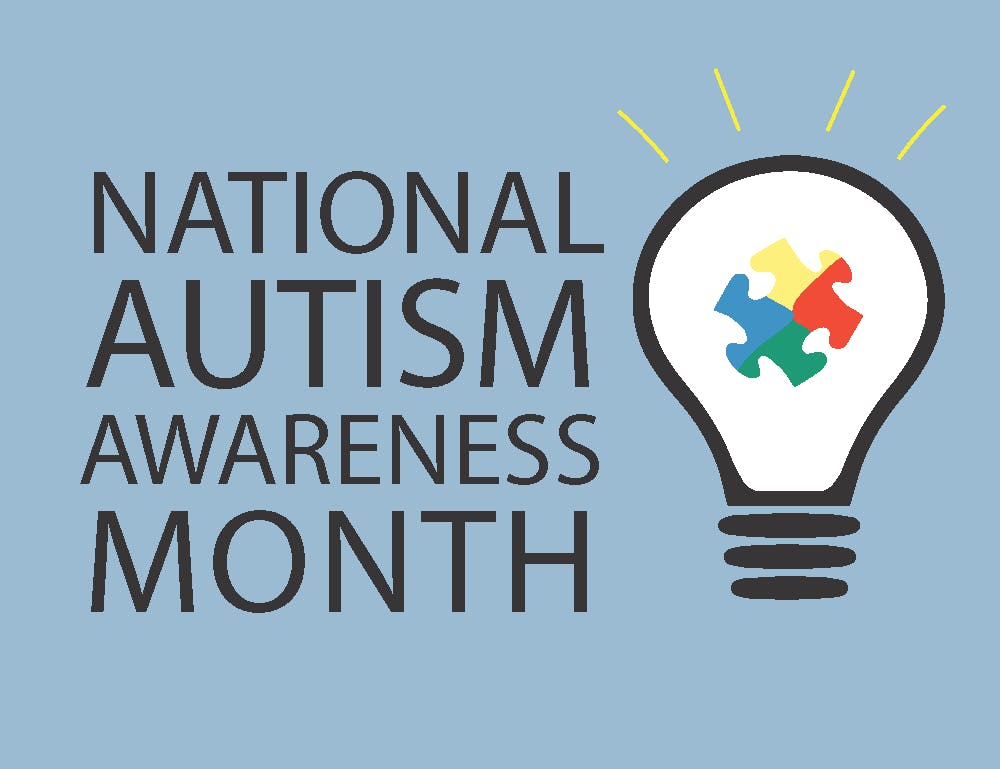April is Autism Awareness Month. While we may use our best hashtags and wear blue, those involved with Autistic resources say Alabama still has a long way to go when it comes to building a community that supports those with autism.
Corina Jimenez-Gomez is the director at the Center for Autism Research, Treatment and Training. CARTT provides an on-campus clinic where they deliver services to children with autism. She said their goal at CARTT is to focus on autism acceptance, rather than just autism “awareness.”
“We already know that [autism] exists and sort of what it looks like,” she said. “It’s more about how do we create an environment where children with autism and individuals with autism can thrive.”
The mission of CARTT is three-fold. They first provide a training clinic where students go during their masters’ program. However, they also conduct behavioral research to broaden their knowledge of how autism works. Finally, they do outreach within the Auburn community.
Jimenez-Gomez said they look at what we can do “ in our environment and in our community to make sure that it is a welcoming place and accepting and inclusive.”
Nadia Bhuiyan, director of Auburn University Psychological Services Center, aided Jimenez-Gomez in raising funds through Tiger Giving Day. These funds allowed CARTT to provide diagnostic and behavioral services to children with autism in Auburn’s community.
“The funds we raised last year were instrumental in allowing us to support families through the pandemic,” Jimenez-Gomez said.
She said they often work with the Autism Network and Jimenez-Gomez will be doing talks with them next month.
Meanwhile, Doris Hill, director of the Regional Autism Network, said the lack of services and funds had an impact on setting up Regional Network for Autism in Alabama as it was not approved until 2017 when autism insurance for therapies was also passed.
“When I moved here from Florida, I assumed there would be a network here in Alabama, and there wasn't,” Hill said.
Now, the Regional Autism Network works to connect people to resources within Alabama, as well as provide training and provide public awareness.
Hill said bringing about Autism awareness also affects the accessibility to interventions.
“The earlier you can get started, the better the outcomes for the kids,” she said. “So, we really tried to focus on early intervention.”
The Regional Autism Network has been working on this for eight years now. Additionally, they take the time to work with their families one on one.
Hill said these resources are needed so much that she once had a parent say “Where have you been all my life?” while they were having a phone conversation.
Maria Gutierrez, family navigator at the Regional Autism Network, said there are many different ways they try to help families. She recounted a time when the Regional Autism Network was able to help a family curate better questions for their lawyer to ask in order that their son could get the supplementary social income he needed.
In California, Gutierrez said the wait periods for getting the services you need only required a 60-90 day wait. Here, it can be up to a year and a half. Many families have to pay out of pocket to get seen any sooner.
Additionally, there is no age gap in California like there is in Alabama. California will provide services for those with autism from birth to death with no restrictions.
“Alabama is one of the states that has been making progress, but the progress is very slow,” Gutierrez said. “As a parent … I feel that we still need to do more awareness, and promote inclusion for people that are on the spectrum in their families. So, they will feel that they are part of a community.”
In a previous piece done by The Auburn Plainsman, Taylor Duncan discussed the founding of Alternative Baseball, which offers a baseball team for those, like himself, who are part of the autism spectrum. It reads:
Social stigma was perhaps the biggest obstacle in Duncan’s search for opportunities. Yet, Duncan attributes his ability to overcome those obstacles to the help of his parents, teachers and mentors.
“They taught me much more than what wins, losses, and statistics could show,” he said.
Duncan said his own positive experiences inspired him to begin creating a safe place for others. His goal was to target those who are unable to put in the time and finances to travel far away and give them a community right where they are at. Duncan recalls that many others like himself “don’t feel like they have anything in their area to their individual needs.”
At Auburn University, Alpha Xi Delta hosts a community outreach event called Shine On to show their participation in supporting the autism community. This year, it was held on April 8 on Cater Lawn, featuring carnival games, food, music and a photo bus.
“The goal of this event was to shine light and support on the autism community and all individuals with disabilities,” said Sarah Elliott, a representative for Alpha Xi Delta and their Philanthropy Vice President.
More recently, on April 14, chapter members held a get-together at a park with the Exceptional Foundation. Their hope remains that their sisters and Auburn students, alike, are presented with opportunities to get involved in building friendships.
“We strongly encourage students and our sisters to volunteer at the local nonprofits like the Exceptional Foundation and Braveheart, and to get involved with clubs on campus that support acceptance of individuals with disabilities like The EAGLES program and Best Buddies,” Elliott said.
Do you like this story? The Plainsman doesn't accept money from tuition or student fees, and we don't charge a subscription fee. But you can donate to support The Plainsman.

Emery Lay, junior in journalism, is a lifestyle writer at The Auburn Plainsman.





